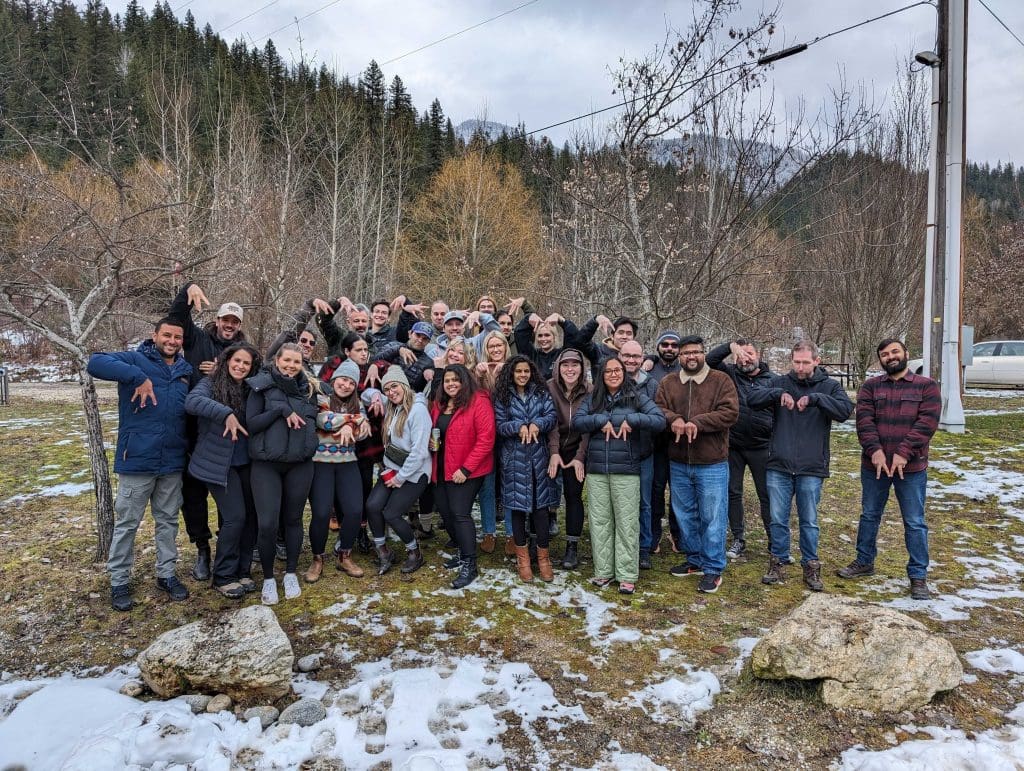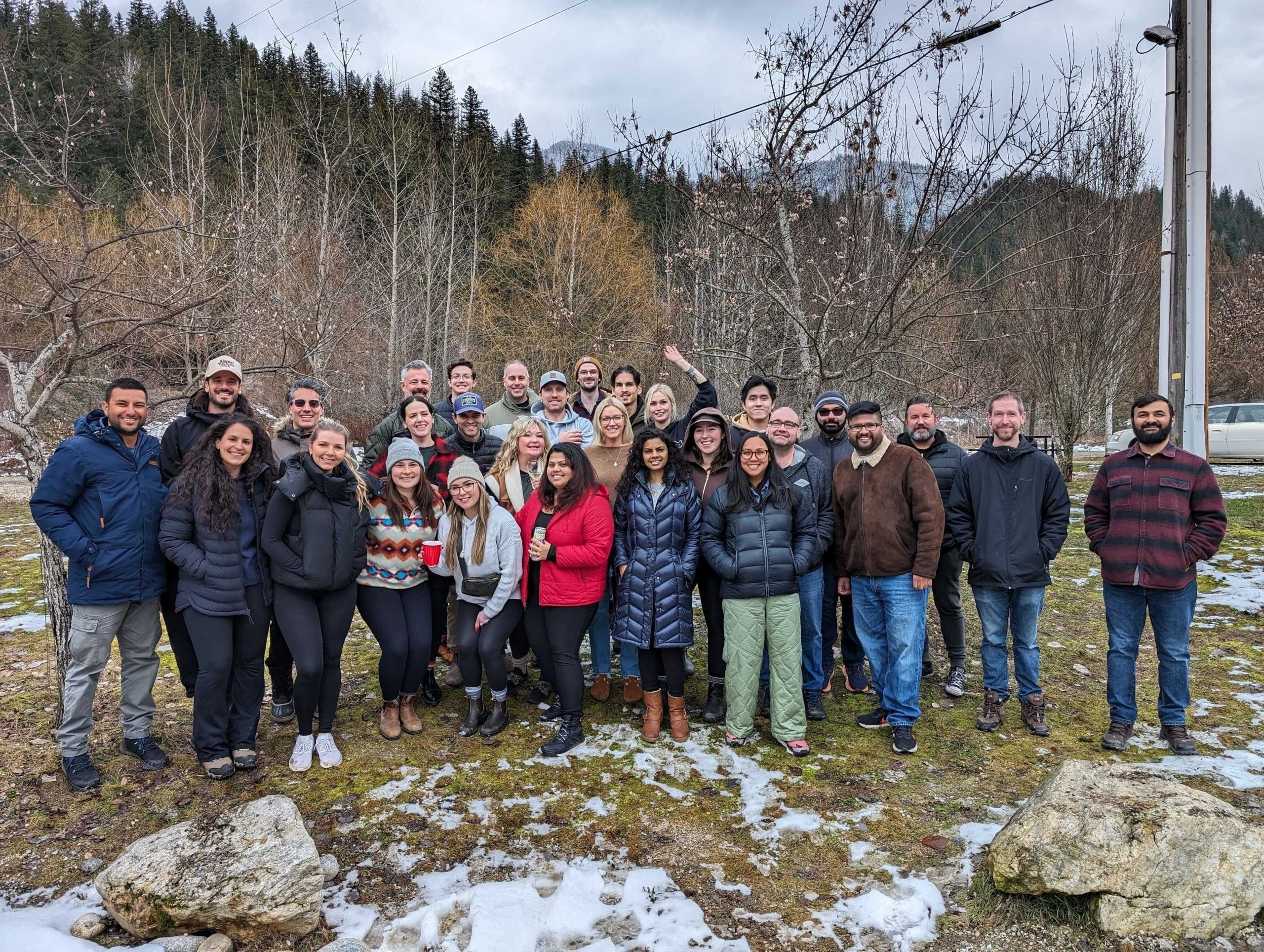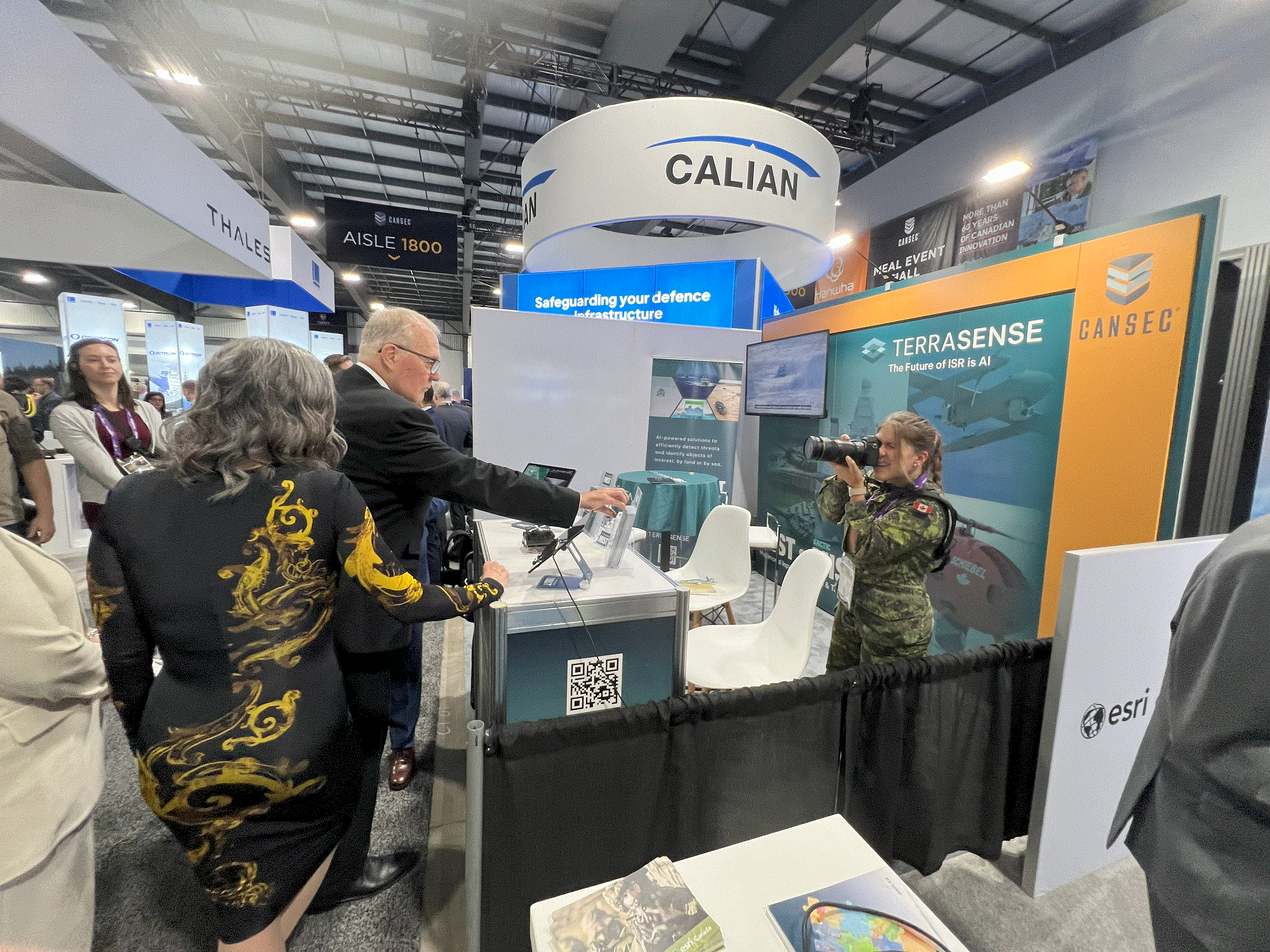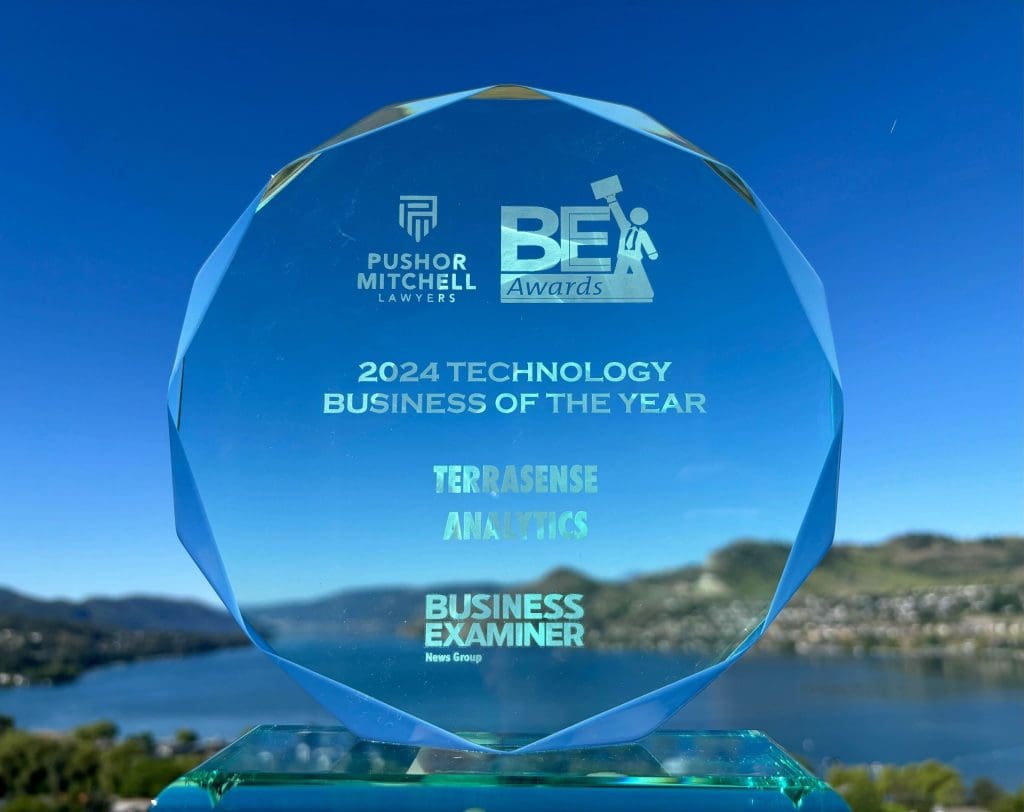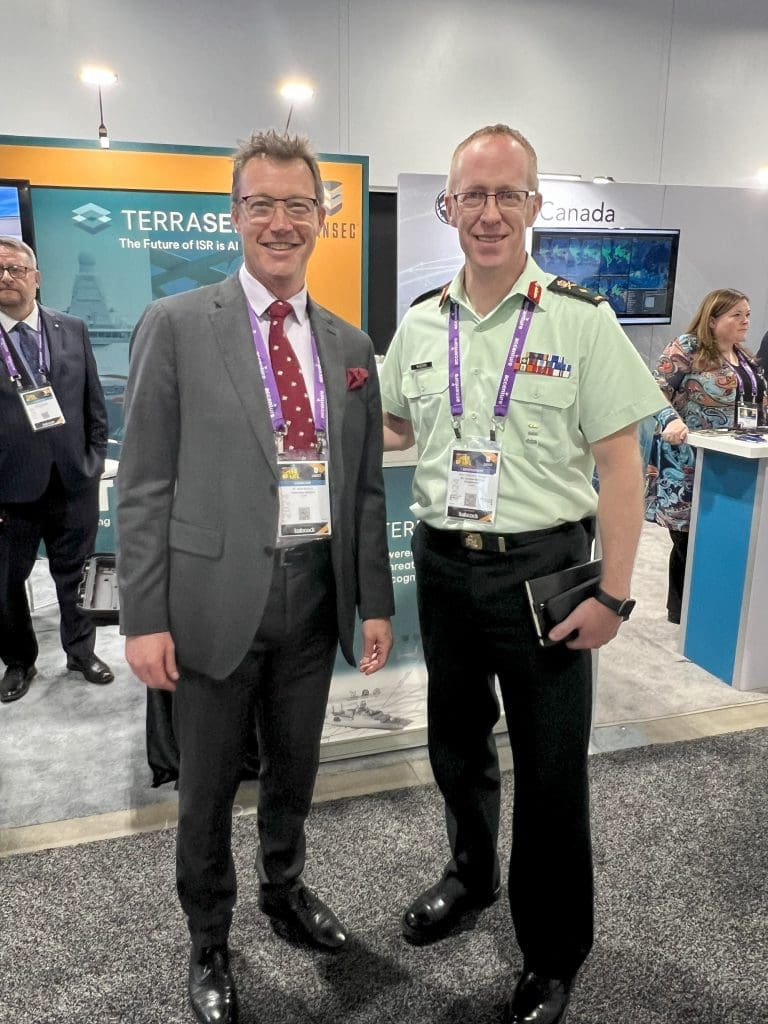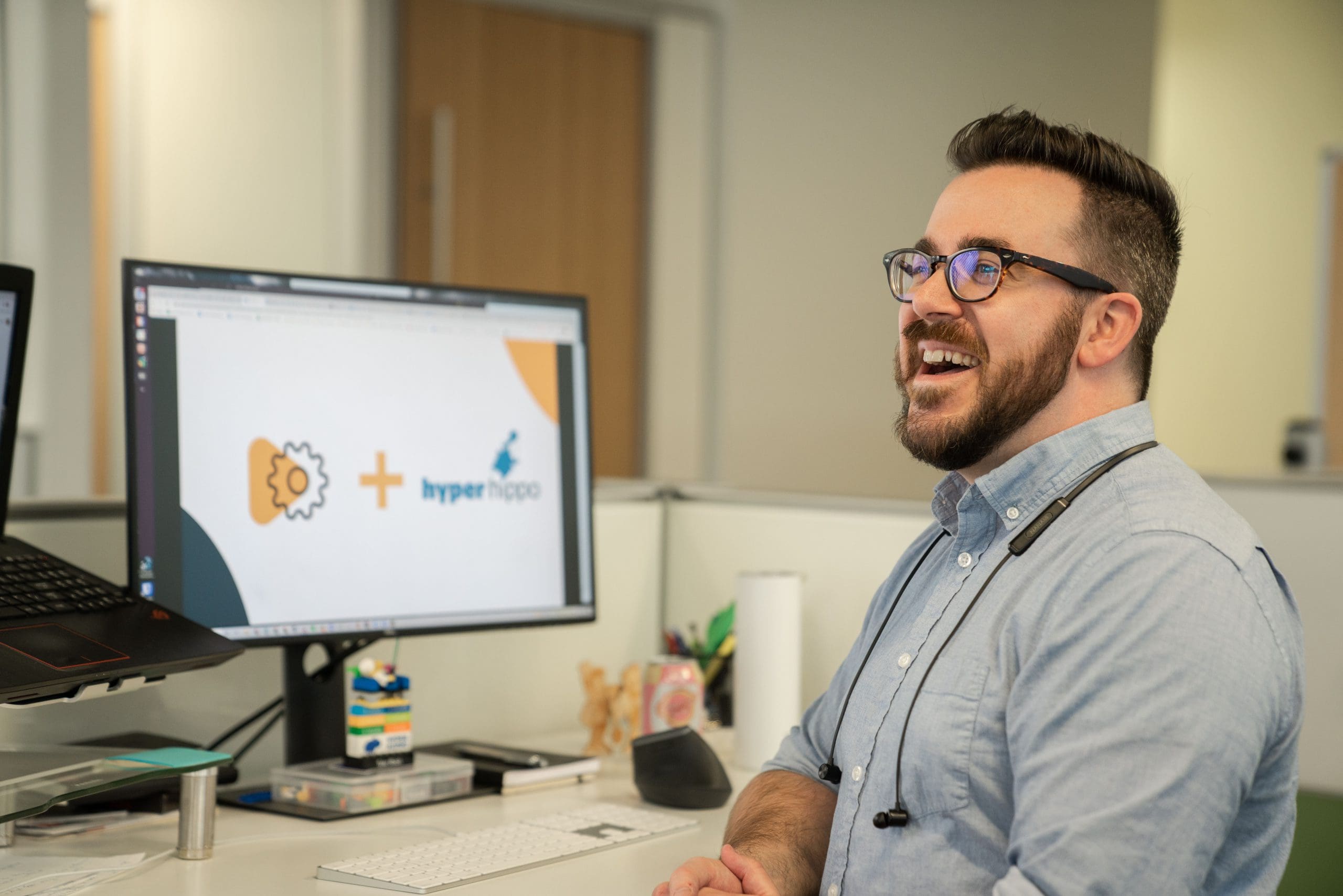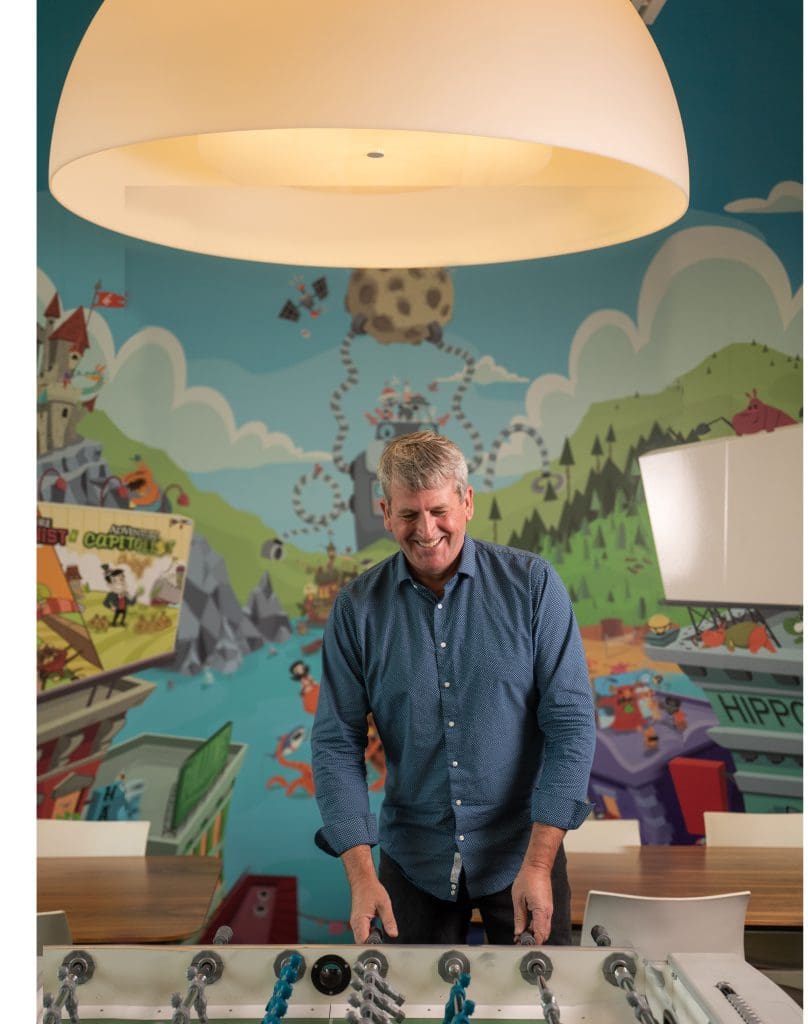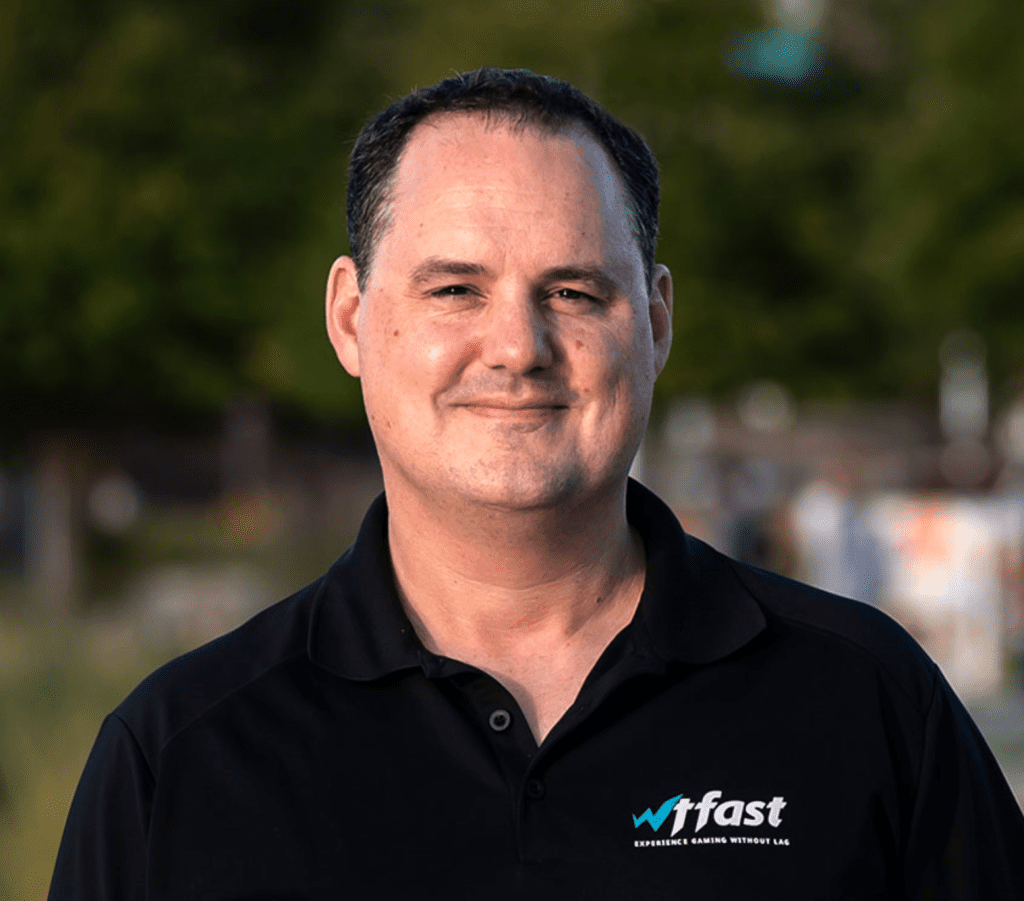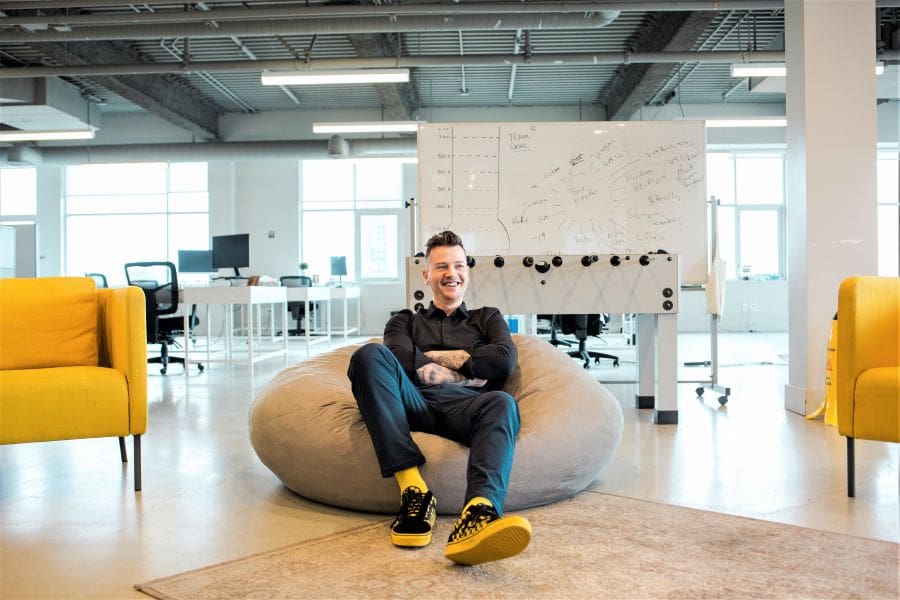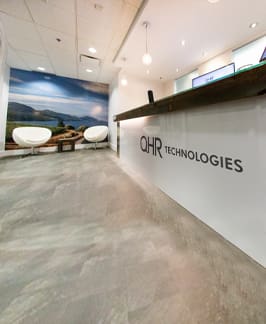After working in California for the early part of his career, Jason Richards moved back home to the Okanagan Valley in 2008 to launch his first business, Vineyard Networks. He originally planned on settling in Vancouver; however, government programs supporting Kelowna entrepreneurs drew him back to the Central Okanagan.
After selling his first company in 2013 to a California based technology company, Richards launched Minga in 2018, capitalizing again on the community in the Central Okanagan and the enviable lifestyle Kelowna offered.
“The motivation to start Minga came from my own kids’ school experience,” explains Richards. “My kids were all great students, but there were still so many opportunities available to them through school, like clubs or extracurricular programs, that they didn’t even know existed.”
Minga’s journey involved a few years of exploratory work to learn more about the K-12 school system and how they could improve student engagement and participation using social media style tools. In 2020, Richards beat out 44 other startups to win the Okanagan Angel Summit, which secured $155,000 in angel investment for the company.
“One of the nice things about being a Founder in Kelowna is that it’s big enough to have access to what you need day to day, but small enough to be connected to everyone in the community that you need to be,” notes Richards. “Most people are invested in making the Okanagan a great place to live and do business, which is a huge competitive advantage.”
While Minga’s early discovery was primarily done in Canada, it quickly became clear they had to evolve the vision and the market.
“After visiting schools across the United States, we saw a rapidly increasing need for campus management and student safety,” notes Richards. “To achieve the goal of students wanting to be on campus, we first had to work on the basics.”
While engagement remains at the core of Minga’s vision, features like managing student movement on and around campus, improving student behavior, and overseeing events and activities have become the core of Minga’s Campus Management Platform, which is currently being used by over 1,000 schools in 500 districts in the US.
The Minga team, which has grown from 18 people and 100 schools at the beginning of 2023 to nearly 50 people and more than 1,000 schools in 2024, continues to mature, improving its processes so the company can scale more effectively and efficiently.
The Minga head office is located downtown in Kelowna’s Innovation Centre, allowing team members to stay well-connected with people in the community. The location is ideal, as it has facilitated easy access to Accelerate Okanagan, which offers numerous resources for startups in the region.
Though most of Minga’s current clients are in the US, Richards says he “cannot think of a better place [to build his company] or have better balance anywhere in North America.” He notes that the Central Okanagan’s lifestyle, which includes easy access to lakes, mountains, and other outdoor adventures, is critical for the overall mental health of his team, which is the cream of the crop.
Thanks to this quality of talent, Richards notes that investors from around the world are blown away when they come to visit Minga’s offices. The robust team of experienced people Richards has assembled will drive Minga’s success as the company continues towards their vision of supporting 5,000 schools and five million students in the next few years.

“The support we got from the community was amazing,” says Richards. “We had early angel investors, advisement support, some amazingly talented people. Everything just lined up, and we gathered critical mass in Kelowna.”
